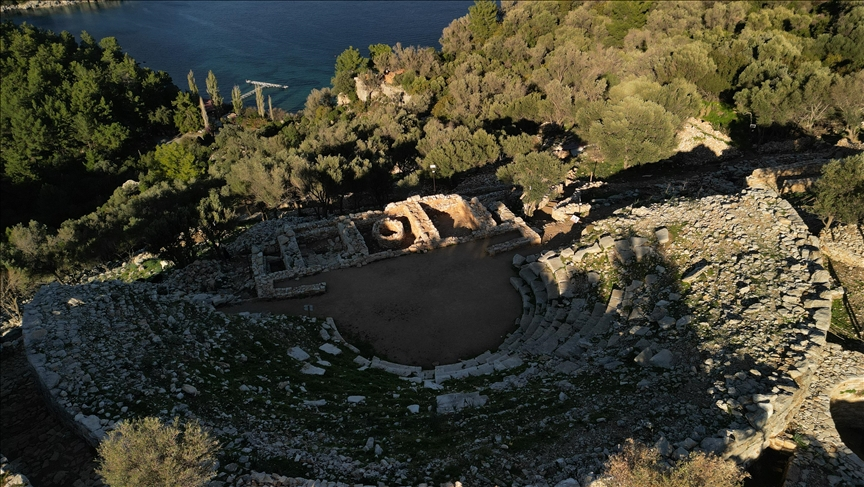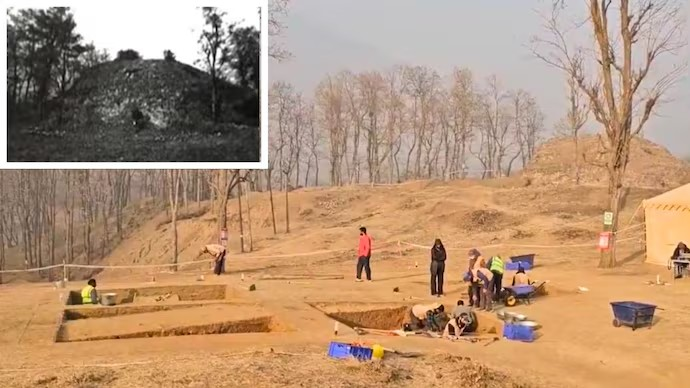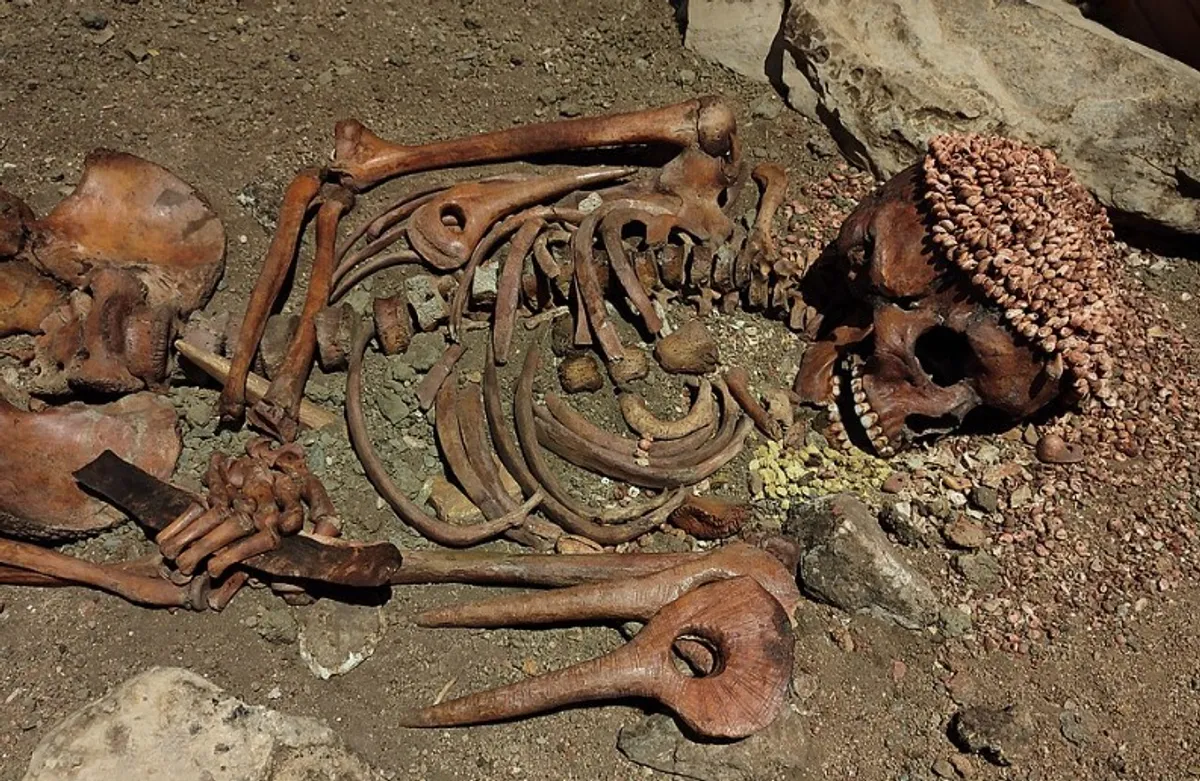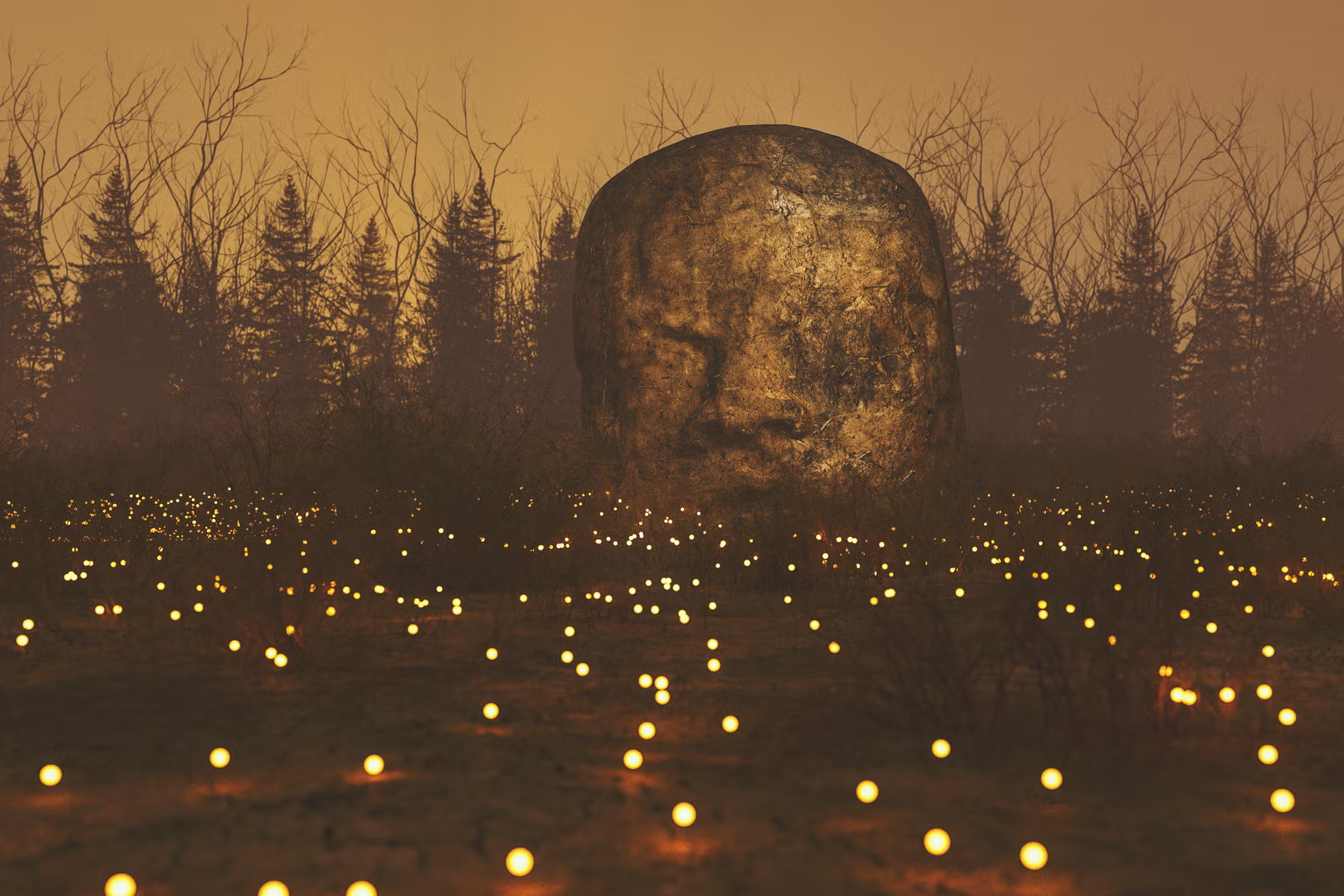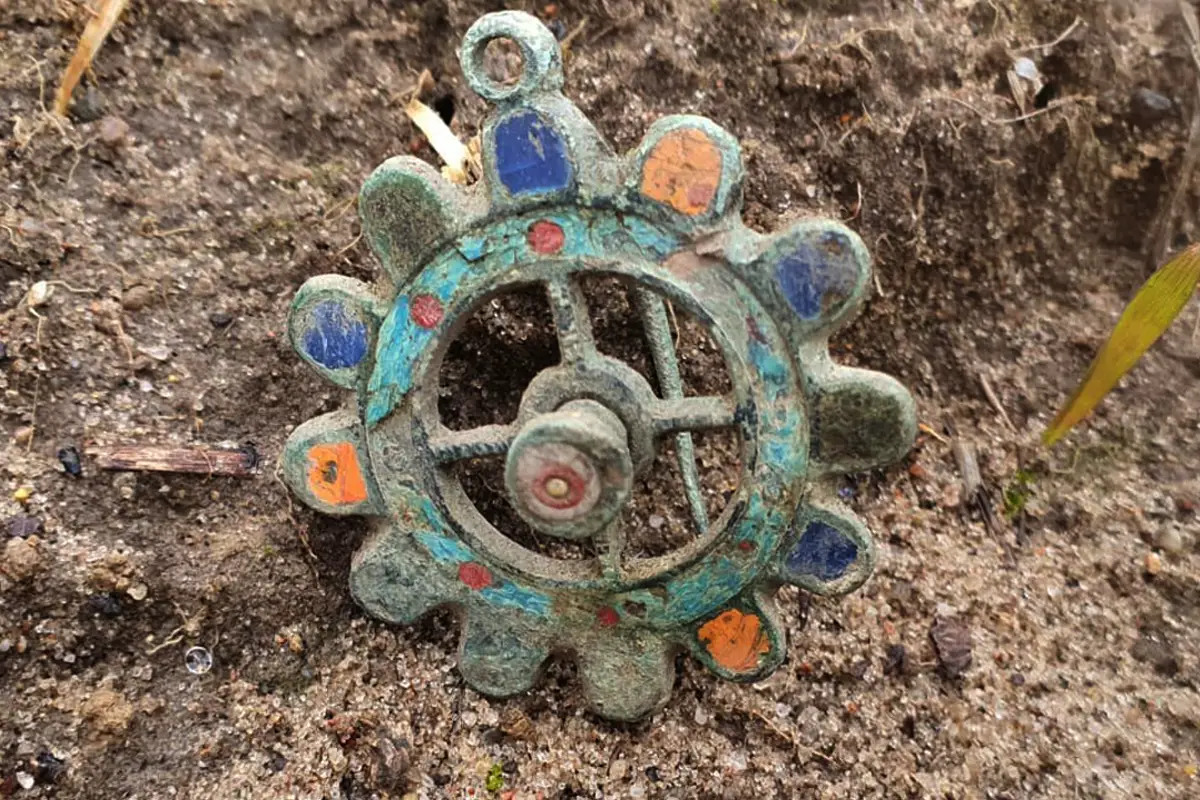This "wooden box" is one of the oldest wooden "structures" in the world and was once a well. It was found in the Czech Republic, where the first farmers in Europe built some wells with some oak wood. They earned the title of the oldest preserved wooden well construction in the world.
One of the first oak structures has been accurately dated thanks to the annual rings preserved in the wood.
The unique discovery was made by archaeologists last year in Ostrov in the Pardubice region, where seven wells from different prehistoric periods were found during excavations during the construction of the D35 road. In particular, "in the case of the well found in Chrudim, the results show that the trees used to build the well were felled between 5256-5255 B.C., and the corner posts of a tree boot felled in the fall or winter of 5259 B.C. or early winter of 5258 B.C.," said Michal Rybníček of the Department of Wood Science at the Faculty of Forestry and Wood Technology at Mendel University in Brno. (In Cyprus, people were already building wells 10,500 years ago).
It is remarkable that the first farmers, who had only tools made of stone, bone, horn or wood, were able to work felled tree trunks with absolute precision.
The structure is maintained by experts from the University of Pardubice.
The shaft parts were stored in the Piarist University in Litomyšl under suitable climatic conditions. They were preserved because they remained under water.
Invertebrates and small vertebrates, shells, bones, eggs of crustacean parasites, remains of insects, etc. were also found. Archaeobotanical analyses shed light on the environment and economy of the first farmers: remains of plant species such as wheat, flax or the rare poppy have also been found, which will allow a better understanding of the activities of the first farmers and the reconstruction of the Neolithic environment in the area.
A 3,000-year-old wooden well containing more than 100 items was discovered in Germering in southern Germany, in an area where more than 70 ancient wells have already been found.
Marcus Guckenbiehl (Bavarian State Office for the Preservation of Historic Monuments) suspects that the objects may have been intentionally placed in this 4.8-metre-deep well as ritual offerings during a long period of drought (to reactivate the well).
More than 70 of the items were finely crafted pottery such as bowls, vases, etc. Twenty-six copper needles, a bracelet, two metal spirals, four amber beads, a wooden spoon and an animal tooth wrapped with wire were also found.



